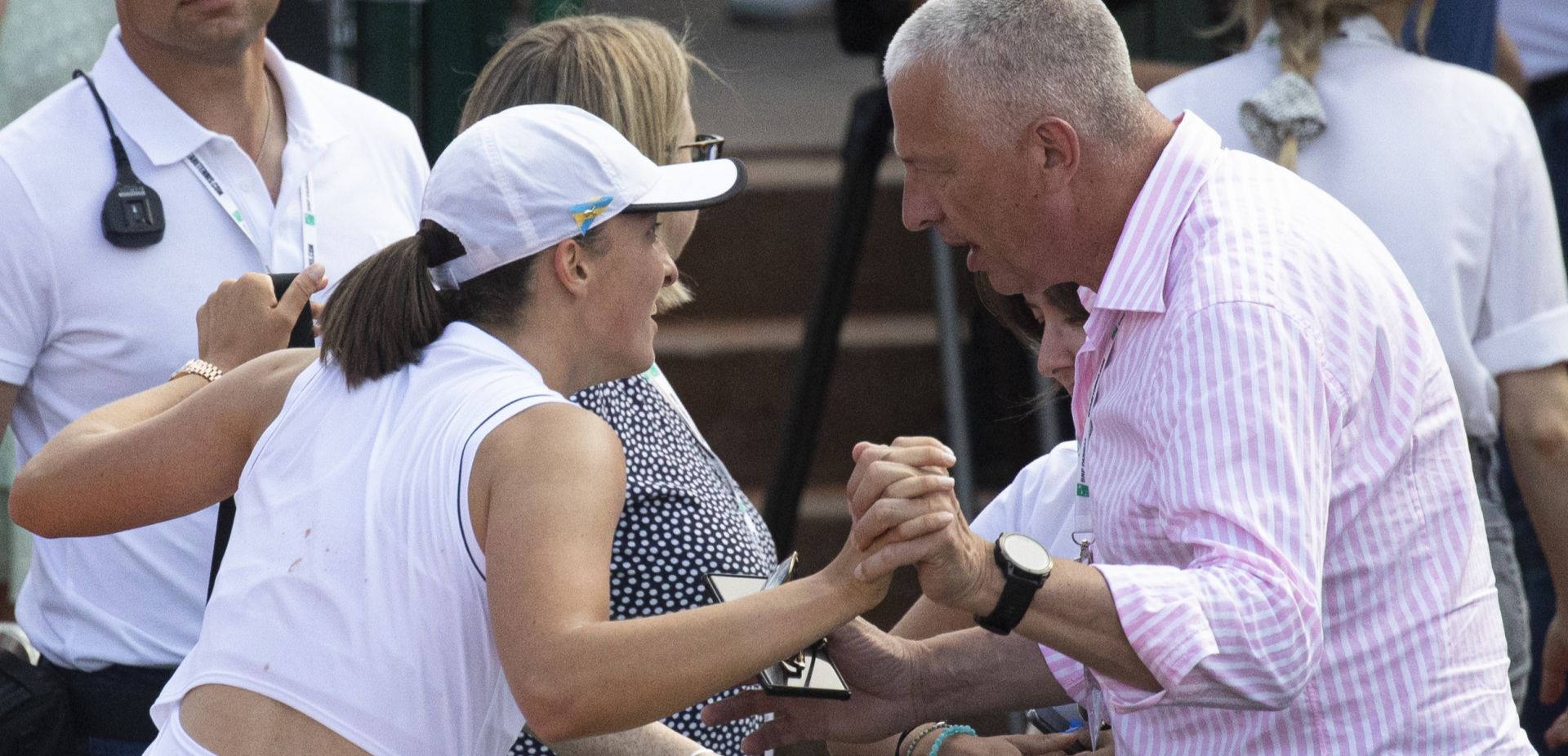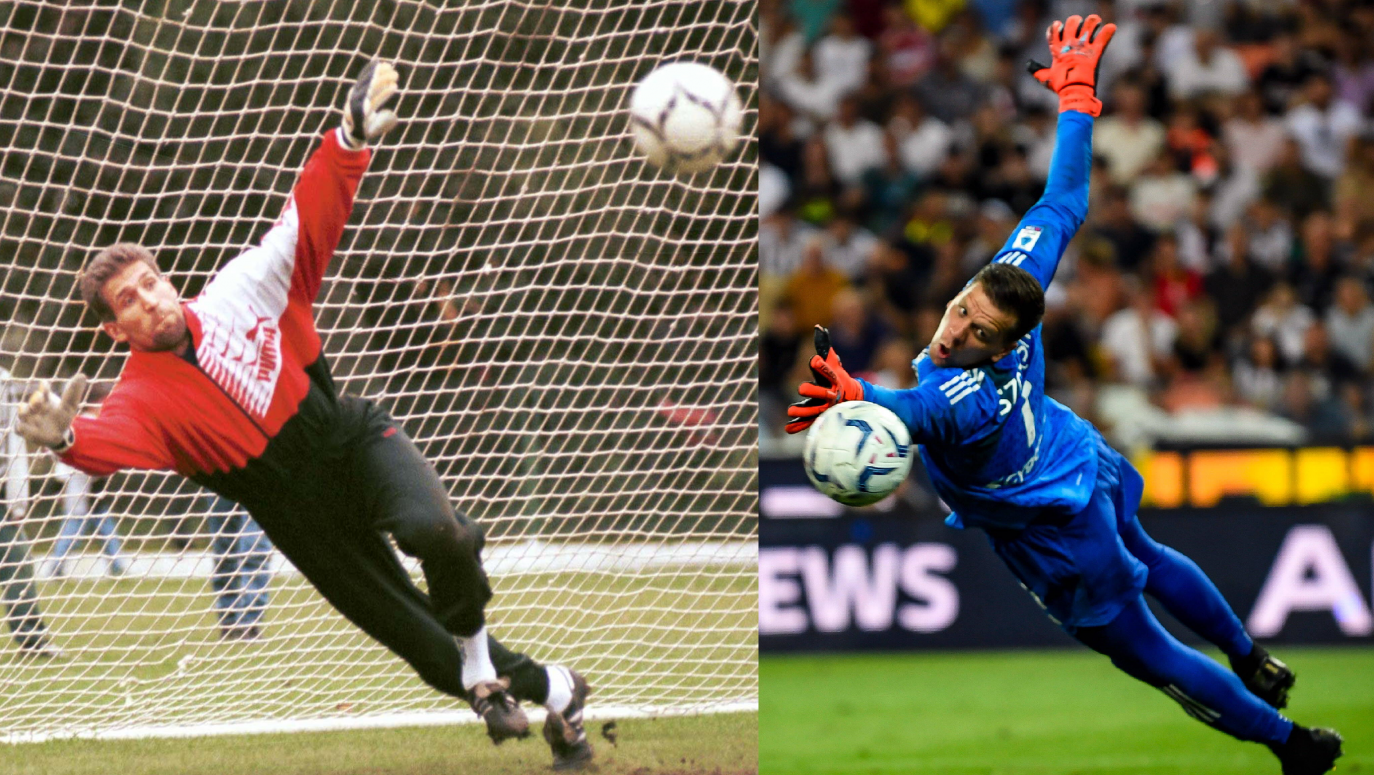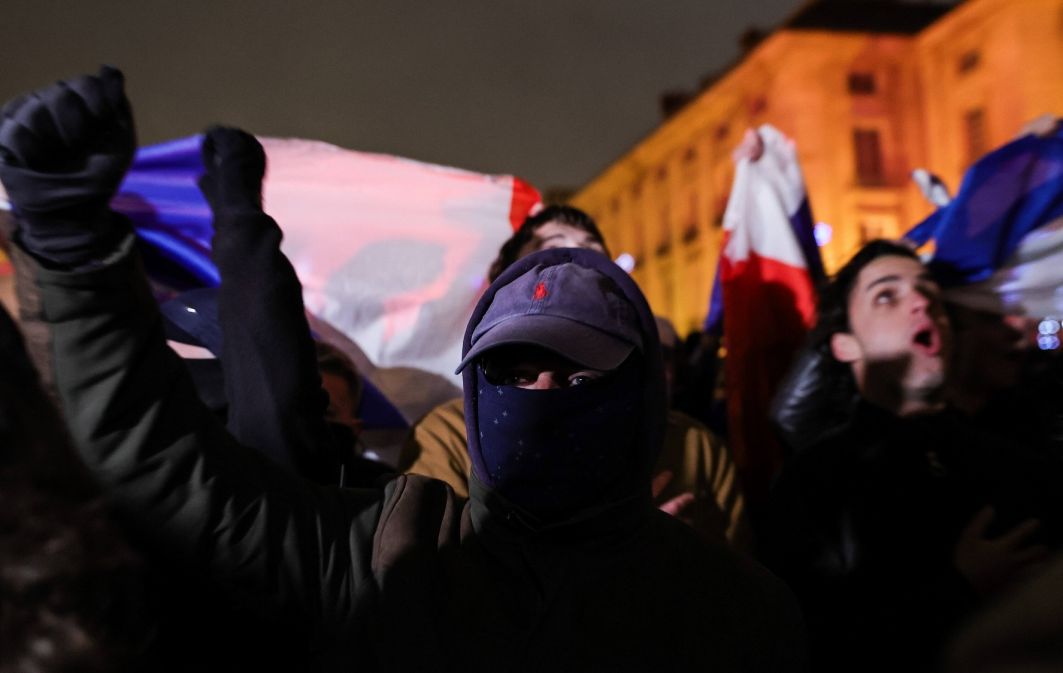However, the list of sports heirs is long. It sometimes happens that a son or daughter practices the same discipline as their father or mother. Then it is easier to compare, although indirectly, because young people train and compete in different, usually better conditions, which translates into achievements.
Maciej Szczęsny and Wojciech Szczęsny are the first example of such a relay of generations. Not very original, actually a family standard. The father was a goalkeeper, so the son became one too. What made this happen? When did the young man realise that this was what he wanted to do?
 SIGN UP TO OUR PAGE
SIGN UP TO OUR PAGE 
It is usually a process related to the overall atmosphere of the home, the atmosphere of growing up, and the influence of authority. It is easier for athletes' children to make decisions because their fathers pave the path they will one day take. Preferably following in the parent's footsteps.
Just because it's the same doesn't mean it's the same. Maciej started his career at the age of 18, and Wojtek when he was 14. He played for Agrykola as a striker. They both made it to the national team. Father for 5 seasons, and the son has already played 16.
Dad played mainly in friendly matches and one qualifying match for the European Championship, and the younger Szczęsny played in 79 matches, setting a national record in the "national team goalkeeper" category, playing at the World Cup and European Championship.
The son's popularity is incomparably greater, as are his earnings. However, it is worth remembering about the sources of popularity and earnings differences. The first Internet servers in Europe began operating in 1991, in Poland much later. Social media did not exist and money in football was constantly piling up until it grew to absurd proportions.
Janusz Gortat was a two-time light heavyweight Olympic bronze medalist in boxing. Marcin Gortat became a Polish star in the NBA. The father wanted his son to fight in the ring. In his second choice, he saw him as a volleyball player. But the son had his way.
It is no less difficult to assume that the example of his sports father had no influence on Marcin. That he received an invitation to play sports from Santa Claus for Christmas. But he made the choice on his own, against his father's will, and he made no mistake.
If he became a boxer, it would be a mistake. If only because of his height. It is not known what kind of volleyball player he would be. However, it doesn't matter because he fulfilled himself as a basketball player. Both sports-wise and financially.
Is it at the expense of his relationship with father? It is difficult to pass judgment on such matters. It would be equally difficult to say that their contacts are rough when they have not existed at all for years. His parents' divorce also took its toll. Contusions remained on both sides.
In one of the interviews, Marcin revealed that he would try to put it together somehow. It would be nice if the attempt was successful. But this is the area of privacy that should be left alone. Athletes' private zone is their exclusive domain. They don't let you in with tickets.
Choosing your own sports path does not necessarily generate resentments and tension. You can do it softly and with empathy, without coercion or orders. All you need is the encouragement and support of your loved ones for your career to take off. This is what many former players who know the sport in real life, not just virtually, do.
Tomasz Świątek, father of Iga and Agata, is such a sports patron of his daughters. Neither he nor their mother put any pressure on the girls. They wanted them to grow up healthy and active and develop a routine of daily exercise.
Tomasz Świątek was a rower who participated in the Olympic Games in Seoul in 1988. He had no sick ambitions. Nor any plans to clone his own career with the help of his daughters, who were keen on sports themselves. But he had a certain pedagogical idea.
He decided that the best way for girls to develop their personalities, if they persevered in their desire to practice a sport, would be one of the individual disciplines. So that they can be responsible for their victories and failures and learn to deal with them.


 SIGN UP TO OUR PAGE
SIGN UP TO OUR PAGE 




